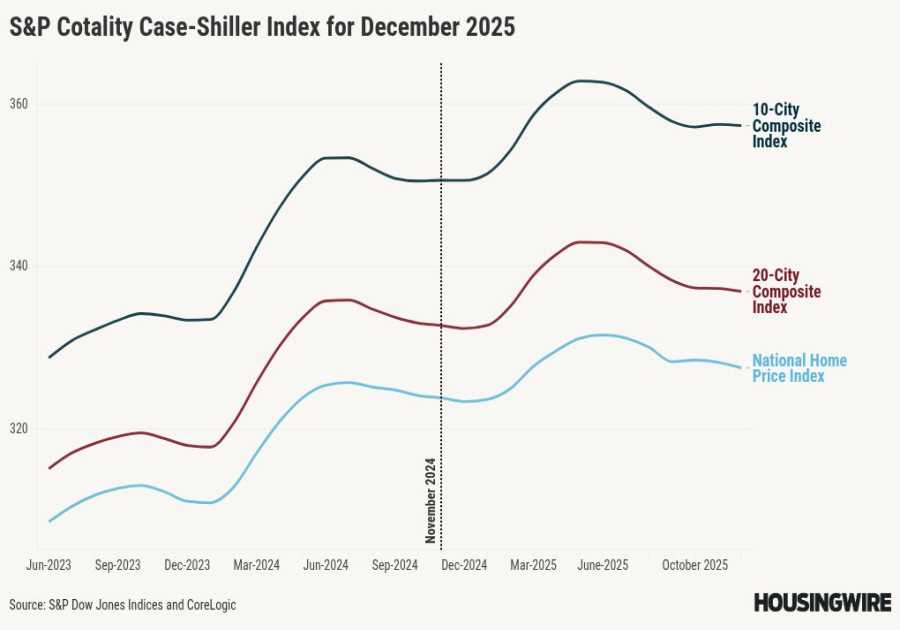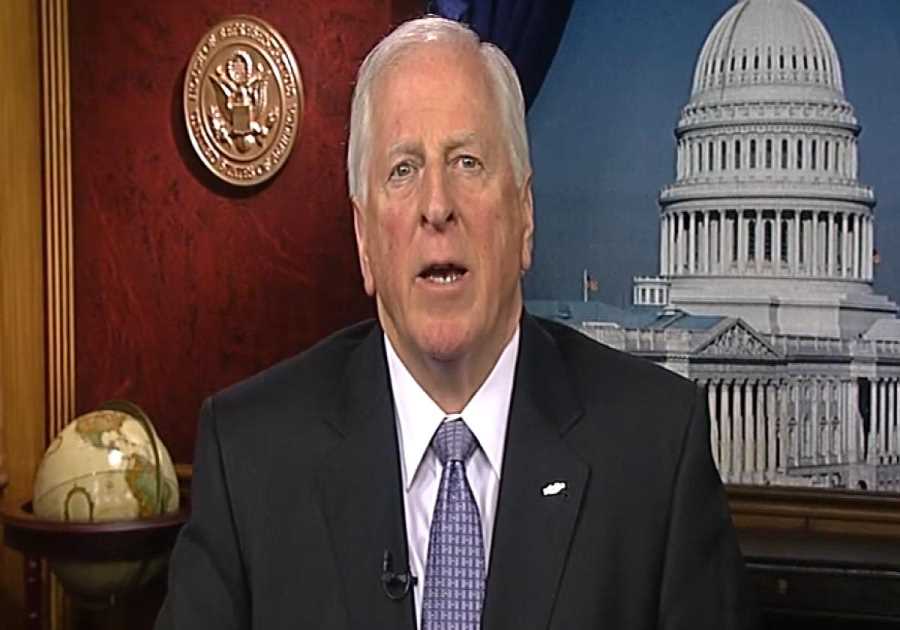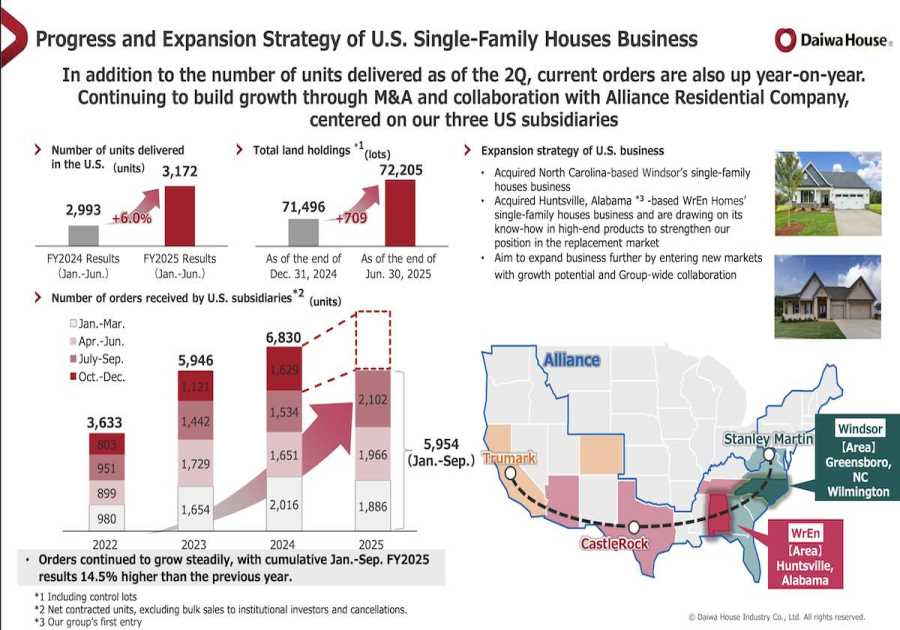Todd Warnock/Getty Images
- "Resenteeism" is aiming to join the worker's lexicon alongside "quiet quitting."
- It describes being openly apathetic about work, but being reluctant to quit due to anxiety about job security.
- The job market is still going strong, but Americans are anxious about tech layoffs and a possible recession.
People have always hated their jobs, but as fears that the Great Resignation is winding down, some are just getting more vocal about it.
RotaCloud, a staff management software company, is calling it "resenteeism," according to Glamour Magazine. It comes from another term, "presenteeism," which means being unproductive at work even if you're physically there, such as when you refuse to call in sick.
Part of what has enabled workers to participate in quiet quitting and the Great Resignation is the rare amount of leverage they've had amid a persisting labor shortage, but "resenteeism" signals that people are finding themselves in a tougher spot as of late with the cost of living and a fear of layoffs.
Resenteeism involves keeping your job when you don't want to — namely, when you're worried about job security or a lack of other opportunities available. At this moment, for instance, layoffs have been sweeping the tech industry over the past few months, with companies like Google and Microsoft laying off hundreds of thousands of workers. If you're a software engineer who hates your job, you might stay at your current workplace and decide to gruel through it.
For many workers, as Michael Hobbes, host of the podcast Maintenance Phase, said on Twitter, "This is just having a job."
What makes resenteeism different from normal 9-to-5 blues, in theory, is that you're more open with your dissatisfaction at work. It's almost the inverse of quiet quitting, which involves doing your job as outlined and refusing to go above and beyond, such as through unpaid overtime or taking on extra tasks. But the key to that one is flying under the radar.
"We're being laid off, losing wages to inflation, and suffering through a pandemic that changed the way the world operates," one Twitter user said. "The suits don't care about us. Why should we?"
The other distinction is that resenteeism can be contagious — there's the fear that it can catch among other members of the staff who might also be put out by their workplace conditions, Glamour's Bianca London wrote last month. Which makes for a climate that could set off employer radars.
"Employees that feel undervalued, underappreciated, and worried about their futures are never going to be happy in their jobs, and the rise in resenteeism, while worrying, isn't unexpected," Pam Hinds, head of people at RotaCloud, told Glamour.
Toward the end of last year, a 2023 recession seemed all but certain. According to several different kinds of data, including workforce ones, the US isn't currently in one — real personal income has seen monthly gains again after an early 2022 decline, for instance, Insider's Madison Hoff reported last month. And it's looking like we may avoid a recession entirely if economic conditions proceed at their current pace.
But that doesn't change how Americans are necessarily feeling about the economy, and how the toll of last year's historic inflation is still impacting them. In fact, two-thirds of Americans said that they thought the US was already in a recession last November, according to a Politico-Morning Consult poll.
And that means they might be approaching work with a different attitude, especially if they think that they have fewer options if they quit. That's a strong contrast to the workplace liberation people experienced at the height of the Great Resignation as employers clamored to attract workers. Many were even emboldened to strike out on their own, with filings for new businesses hitting record highs over the past few years.
But if you think you're in a recession — or in danger of one — that might lead you to hedge your bets, even when they're not strictly necessary. Even if a recession strikes, for instance, most workers are probably safe.
Read More
By: [email protected] (Jason Lalljee)
Title: 'Resenteeism:' When you hate your job enough to do more than 'quiet quit,' but are too anxious about the economy to leave
Sourced From: www.businessinsider.com/resenteeism-quiet-quitting-recession-jobs-inflation-labor-shortage-2023-2
Published Date: Thu, 09 Feb 2023 10:00:00 +0000
.png)





